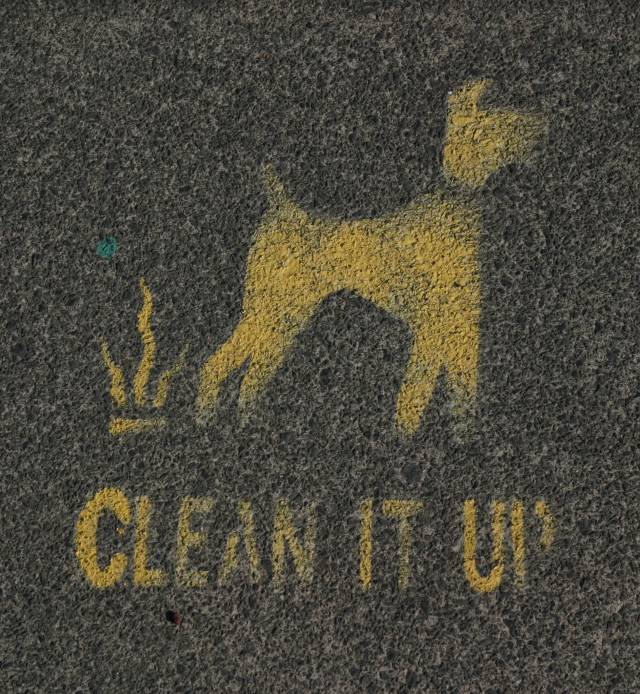Moving somewhere new is a daunting prospect, whatever your age and situation. But what is really hard is when you move somewhere new and you don’t have a role. When you’re not going to school, or university. Or when you don’t have a sparkly new job to turn up to the day after you arrive.
As an expat partner, I have accompanied my husband on two different postings. Before that, I moved as a single, childless woman several times – but all of those times I had a role. I wasn’t the spare part. I had a way to meet people.
So where exactly do you make friends when you’re not going to work? Of course this is difficult whether you are moving to a new city within your own country or to the other side of the world. But relocating overseas does give you a particular sense of vulnerability that having a few buddies around you can at least partially alleviate.
I polled a number of friends – some had been expats, some hadn’t – and they came up with a list of great ideas. So here, in order of the number of times they were mentioned, are my top tips for finding new friends in your new location:
Through the kids

- Image courtesy of Claire Broomfield at FreeDigitalPhotos.net
Okay, if you don’t have any you can ignore this one completely. But the number one way most people moving overseas who DO have offspring meet their new-found mates is via their own children. School-gates, baby-groups, playgroups. It’s the easiest and most natural thing in the world to get chatting to the other mums and dads as you wait for little Lottie to finish her ballet class. I’m not going to go on about this as most of us know how it works. There’s something about the desperation of parenting that opens us up to the possibility of endless conversations about the most mundane subjects. I will say one thing though, don’t always assume that if someone doesn’t have children with them, they don’t have children at all. One of my friends is currently in Cairo, while her son and her daughter are at boarding school in the UK. “It’s now been a year and a half and I do have new friends, but I am constantly thinking ‘where do I belong!’” she told me.
Expat groups
You’ll discover many of these groups online, but very often there will be a local “branch” or activities run in your host city. Internations, A Small World Expat Blog and Gone Girl International were all examples given to me. Or you might find there’s a country-specific one where you live. One of my friends, for example, made friends through the group DR1 in the Dominican Republic.
Volunteering
If you aren’t able to get a job (for one or more of many reasons – visa or work permit issues, childcare responsibilities, non-availability or if you just don’t want to work) then volunteering is often a great alternative. It’s a good way to keep your cv up-to-date, it gets you out of the house and into the local community and – if you’re lucky – you might find some friends along the way! Examples given to me included helping out with IT at a local bereavement group, working in a school and volunteering with ACCESS – a not-for-profit organisation serving the local international community in Amsterdam.
Women’s groups
No good this one if you are a man, but many people mentioned women’s groups specifically as a way they have found people to bond with when they first move abroad. This included local International Women’s Groups (sometimes linked to international schools or embassies), Gone Girl International and in the case of one of my friend’s in the UK, the Women’s Institute. She was, apparently, the youngest person there by about 25 years, but “they still gave me the warmest welcome I have ever had joining a new group”. Others said “just say yes to everything” at the start (and then start being a little more discerning after about 6 months). It might not be your thing, but you might meet someone else there who also thinks it’s not their thing. And bond over it not being your thing….
Book clubs

Image courtesy of Stuart Miles at FreeDigitalPhotos.net
Ever popular amongst expats this one. I’m never too sure how much actual book-discussion goes on in these groups but it’s a great way to get everyone together for a reason and if you all love books, you’ve got at least one thing in common. And there is often cake and/or wine as well. I belonged to a fun book group in Kingston, Jamaica, where I worked as a singleton, and really enjoyed meeting people from a totally different background to myself (most of the others were trailing spouses). We also got to read books from all over the world, books I would never have even known about, about let alone chosen for myself.
Sports and hobbies
Another obvious one – you make friends much quicker when you are doing something you love. But it’s not always easy to find something to suit. Cooking lessons, art classes, horse-riding, walking groups…all these were mentioned to me, but where do you find them? Someone told me about a great website called Meet-up where you can find groups of all shapes and sizes close to where you live. This will of course depend on where you are – it’s entirely possible that the choice will be slightly more limited in Ittoqqortoormiit, Greenland than in Manhattan, New York.
Dog-walking

Image courtesy of iosphere at FreeDigitalPhotos.net
I’ve never actually owned a dog (yet. This is at the moment under debate in our household so watch this space). But I am told that walking the pet pooch is a great way to get chatting to people. I’m not sure if these people go on to become proper friends, or whether they’re only ever your “doggy” pals. Perhaps someone with a dog can tell me. But nevertheless, a chat over a pooper-scooper can be just as welcome as a chin-wag over a dirty nappy….
Language classes
Another easy way to meet fellow-expats is to join a local language class. The most obvious one would be a class to learn the language of the country that you are living in, but there’s nothing to stop you expanding your repertoire into other languages if you enjoy learning them. I met some great, giggly Korean women this way when I was young and living in Venezuela. I don’t think their English was much better than their Spanish, but it didn’t matter. We bonded over the fierce teacher who would pick on us if we were ever late to the class.
Church/not church.
I wasn’t sure what to call this as a couple of people mentioned church being a good place to meet people, but then someone else also mentioned non-religious groups such as local secular or humanist societies. So I have come up with a sort of church or non-religious equivalent. Perhaps community groups where you share a common belief?
Friends-of-friends
This is still a common way to meet people. Difficult when you first move somewhere and literally know no-one. But eventually you’ll make at least one friend and then hopefully through them, others. Ask them to introduce you to people, tag along when they go to groups. Don’t be shy. And then return the favour when you’re a bit more settled yourself and meet someone who has just arrived.
And finally…
One answer that stood out came from a friend of mine whose husband is an officer in the British army. She said when she moved into her new house, she invited the whole village for coffee and cake. The whole village! Well, I wouldn’t expect you all to do this but there is a message here. If you want to meet people sometimes you have to be the one making the effort – especially if you are moving somewhere where there aren’t that many other newcomers. People get settled in their lives, they have friends – why would they need new ones? However, if you can show them you’re someone worth knowing, they might well make that effort. So go on, put on the kettle, start baking (or pop to the cake shop) and invite over the neighbours!
——————————
So that’s my round up. Now I would love to hear from you – where did you meet your friends when you moved somewhere new? Has anyone met anyone somewhere totally unexpected?












